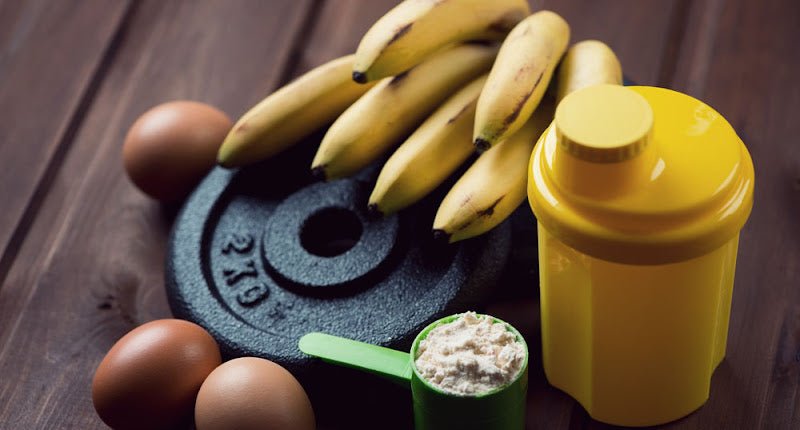
After an intense workout, the body undergoes a series of physiological changes that make post-workout nutrition crucial for achieving fitness goals. The period following exercise, often referred to as the "anabolic window," presents a unique opportunity to replenish energy stores, support muscle recovery, and enhance overall performance. Here's why post-workout nutrition matters and how to make the most of it.
Muscle Recovery and Repair
Engaging in physical activity, especially strength training or high-intensity exercise, leads to muscle tissue breakdown. Post-workout nutrition aids in the repair and recovery of these damaged muscle fibers. Consuming a combination of carbohydrates and protein helps replenish glycogen stores and provides the essential amino acids needed for muscle protein synthesis – the process through which new proteins are built, repairing and strengthening muscles.
Timing Is Crucial
The timing of post-workout nutrition plays a critical role. The body is more receptive to nutrient uptake immediately after exercise due to increased blood flow to muscles. This window of opportunity, typically within 30 to 60 minutes after a workout, allows for efficient delivery of nutrients to cells, aiding in the recovery process.
Protein Power
Protein takes center stage in post-workout nutrition. Fast-digesting proteins like whey are often favored for their rapid absorption and amino acid availability. These amino acids provide the raw materials necessary to rebuild and fortify muscle tissues. However, plant-based sources like pea protein or a combination of foods can also be effective options for those with dietary preferences or restrictions.
Balanced Nutrition
While protein is vital, carbohydrates are equally important in post-workout nutrition. Carbs replenish glycogen stores, the primary energy source for muscles during exercise. Pairing carbohydrates with protein helps create an optimal environment for muscle recovery and refueling.
Hydration and Electrolytes
Don't overlook hydration and electrolyte balance in post-workout nutrition. Sweating during exercise leads to fluid and electrolyte loss. Rehydrating with water and electrolyte-rich beverages aids in restoring balance and supporting overall recovery.
In conclusion, post-workout nutrition is a key factor in maximizing the benefits of exercise. By consuming a balanced mix of carbohydrates and protein, timing nutrient intake appropriately, and staying hydrated, individuals can aid muscle recovery, replenish energy stores, and ultimately achieve their fitness goals.


Share:
The Role of Protein in Muscle Repair and Recovery
The Essential Post-Workout Refuel: Recharge Your Body for Optimal Recovery